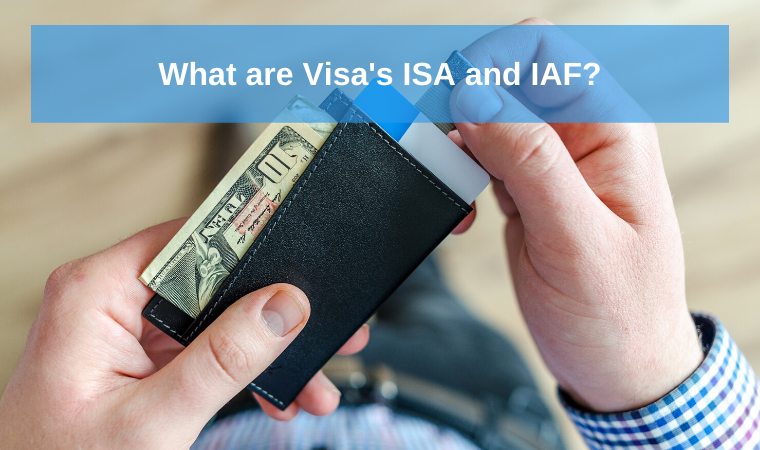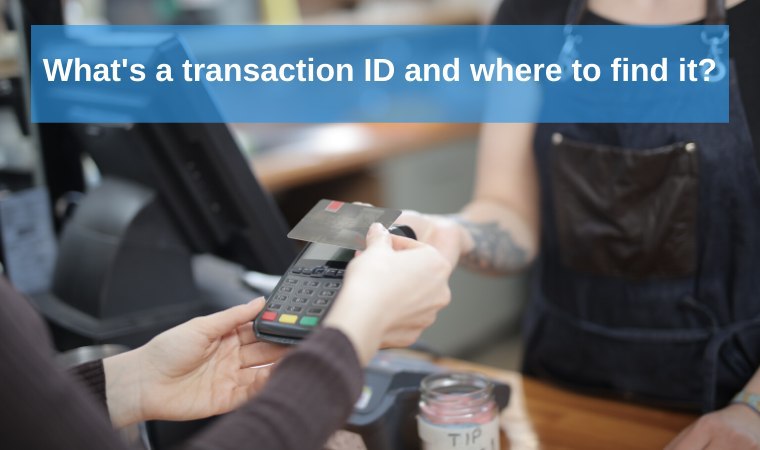SWIFT Code
SWIFT code or a Society for Worldwide Interbank Financial Telecommunication is a code that identifies banks internationally. When the payer initiates the wire transfer or SEPA payment between banks (usually international) he/she will require a SWIFT code. A SWIFT is an ISO 9362 standard. Users can find the bank’s code in the statement or by searching on the web (bank name + SWIFT code).
The SWIFT code consists of 8 to 11 alphanumerical designators.
- the first 4 letters will define the bank’s or institution’s code,
- the next 2 letters are ISO 3166-1 standard that, basically, is a country code,
- the following 2 digits/letter are the location code:
- 0 is common for testing purposes;
- 1 defines a passive participant;
- 2 identifies a reverse billing of the Business Identification Code.
- the last 3 digits or letters showcase the branch code and are, commonly, optional.
This combination helps to identify banks. Let’s take a closer look based on the example of Deutsche Bank branch in Frankfurt am Main. Its SWIFT is DEUTDEFF. Where:
- DEUT goes for Deutsche Bank,
- DE is for Germany,
- FF is for city identifier – Frankfurt.
Also, Deutsche Bank will use an additional 3 digits to identify the specific branch as well. Most European banks will also use an 11-digit SWIFT code type to identify the bank.


